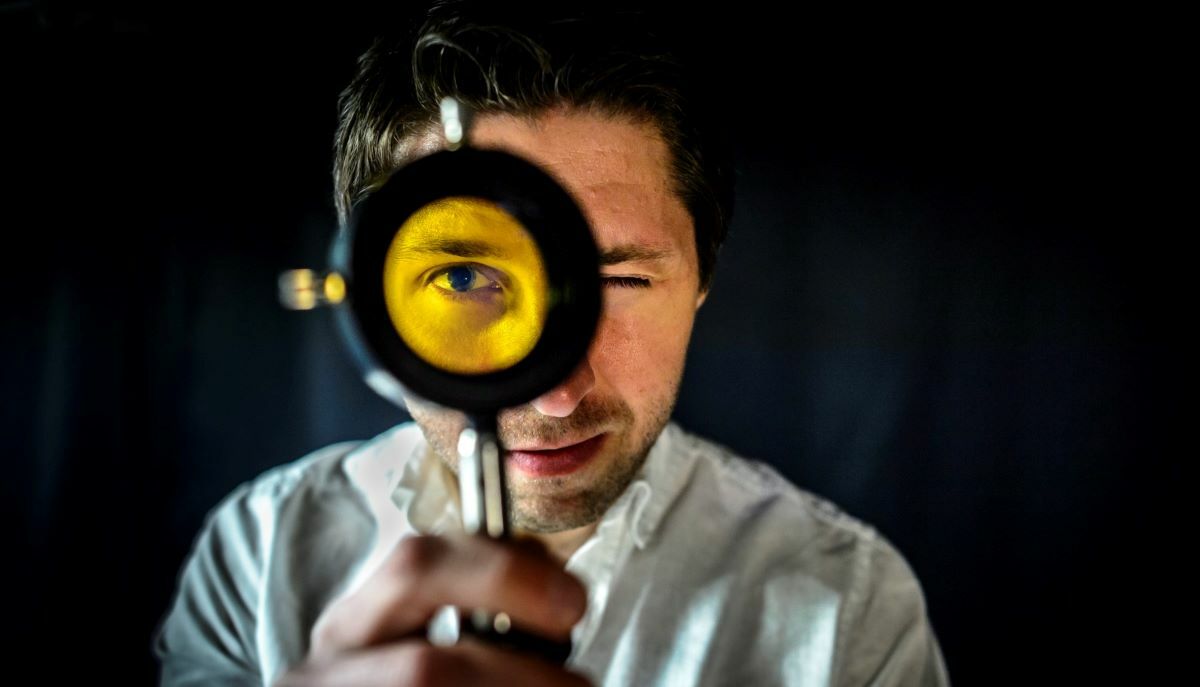Doctoral student in optoelectronics of nanomaterials - Hiring in process/Finished, not possible to apply
This advert is not available!
Lund University, Faculty of Science, Department of Chemistry (Nfak)
Lund University was founded in 1666 and is repeatedly ranked among the world’s top universities. The University has around 47 000 students and more than 8 800 staff based in Lund, Helsingborg and Malmö. We are united in our efforts to understand, explain and improve our world and the human condition.
Lund University welcomes applicants with diverse backgrounds and experiences. We regard gender equality and diversity as a strength and an asset.
Subject description
Solution-processed nanomaterials, such as nanoparticles, mesocrystals, and thin films are attractive low-cost platforms for optoelectronic applications. The recent development of inorganic and hybrid metal halides expanded the availability of luminescent functions in materials from quantum-confined excitons to size- and composition-insensitive self-trapped excitons. Metal halide nanomaterials are well-positioned to find applications in conventional solution-processed light sources such as light-emitting diodes and color converters, as well as unconventional ones such as micro-lasers and superfluorescent emitters. Further progress in this research area is impeded by reliance on heavy metals and underdeveloped integration of materials synthesized by wet chemistry into nanofabrication and devices. Addressing these challenges and developing metal halide nanomaterials for forward-looking applications is the subject focus of this position. The position is principally funded by a 5-year European Research Council Starting Grant “Prometheus: Engineering of Superfluorescent Nanocrystal Solids.”
Work duties
The main duties of doctoral students are to devote themselves to their research studies which includes participating in research projects and third cycle courses. The work duties will also include teaching and other departmental duties (no more than 20%).
The research studies will involve the chemical synthesis of luminescent nanomaterials based on metal halides, investigation of their structure, composition, and light-emitting properties through steady-state and time-resolved spectroscopies, and integration of these materials into nanofabrication workflow. The studies will incorporate the design of experiments, the use of clean room facilities, and the development of novel applications in the domain of optical quantum technology. Research collaborations with groups of complementary scientific expertise and opportunities to design and perform one-of-a-kind experiments at user facilities are anticipated as a part of the research studies.
Admission requirements
A person meets the general admission requirements for third-cycle courses and study programmes if he or she:
- has been awarded a second-cycle qualification, or
- has satisfied the requirements for courses comprising at least 240 credits of which at least 60 credits were awarded in the second cycle, or
- has acquired substantially equivalent knowledge in some other way in Sweden or abroad.
Additional requirements:
- Master degree or equivalent in Materials Science, Solid State Physics, Chemical Engineering, Electrical Engineering or related discipline
- Experience with data analysis and modeling tools (for example, Matlab, Python, Julia)
- Experience with nanofabrication and optoelectronic devices
- Very good oral and written proficiency in English
Assessment criteria
Selection for third-cycle studies is based on the student’s potential to profit from such studies. The assessment of potential is made primarily on the basis of academic results from the first and second cycle. Special attention is paid to the following:
Knowledge and skills relevant to the thesis project and the subject of study. An assessment of ability to work independently and to formulate and tackle research problems. Written and oral communication skills Other experience relevant to the third-cycle studies, e.g. professional experience.
Other assessment criteria:
Consideration will also be given to good collaborative skills, drive and independence, and how the applicant, through their experience and skills, is deemed to have the abilities necessary for successfully completing the third cycle programme.
Terms of employment
Only those admitted to third cycle studies may be appointed to a doctoral studentship. Doctoral studentships are regulated in the Higher Education Ordinance (1993:100), chapter 5, 1-7 §§.
Instructions on how to apply
Applications shall be written in English and include:
- a cover letter describing why you are interested in the position and how the research subject corresponds to your interests and educational background.
- CV.
- degree certificate or equivalent.
- contact information for at least two referees.
- other documents you wish to be considered.
Eligibility
Students with basic eligibility for third-cycle studies are those who- have completed a second-cycle degree- have completed courses of at least 240 credits, of which at least 60 credits are from second-cycle courses, or- have acquired largely equivalent knowledge in some other way, in Sweden or abroad.
The employment of doctoral students is regulated in the Swedish Code of Statues 1998: 80. Only those who are or have been admitted to PhD-studies may be appointed to doctoral studentships. When an appointment to a doctoral studentship is made, the ability of the student to benefit from PhD-studies shall primarily be taken into account. In addition to devoting themselves to their studies, those appointed to doctoral studentships may be required to work with educational tasks, research and administration, in accordance with specific regulations in the ordinance.
Type of employment
Limit of tenure, four years according to HF 5 kap 7§.
| Type of employment | Temporary position |
|---|---|
| Salary | Monthly salary |
| Number of positions | 1 |
| Full-time equivalent | 100 |
| City | Lund |
| County | Skåne län |
| Country | Sweden |
| Reference number | PA2023/1287 |
| Contact |
|
| Union representative |
|
| Published | 17.Apr.2023 |
| Last application date | 07.May.2023 |

